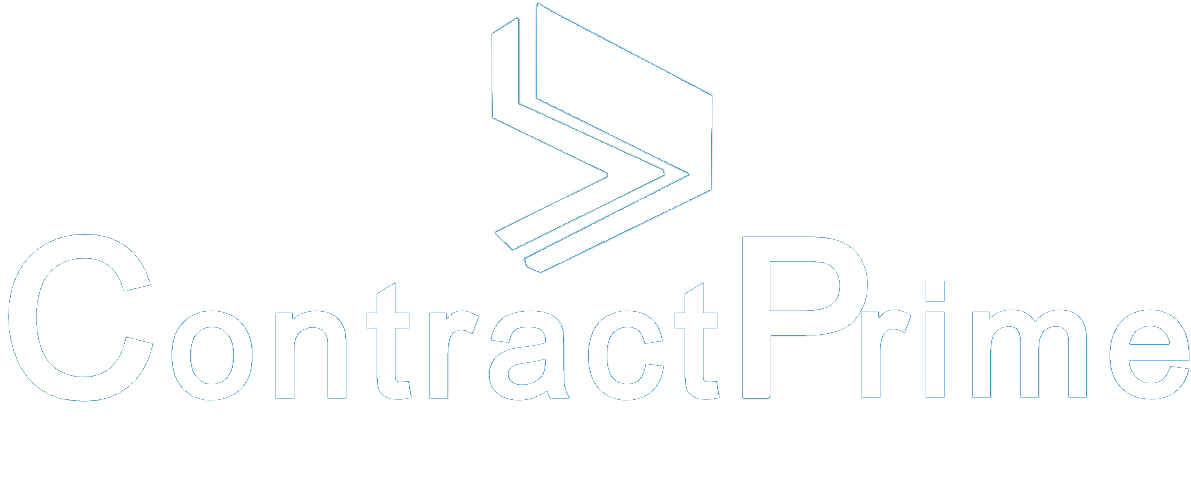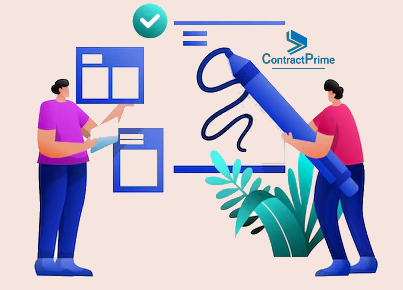How Contract Management Can Boost Compliance in Healthcare
Healthcare organizations operate under stringent regulations like HIPAA and HITECH, requiring meticulous contract management to avoid legal penalties, enhance operational efficiency, and ensure patient safety. A strategic contract management system is vital for meeting these demands. This blog explores how contract management in healthcare compliance can help mitigate risks, streamline processes, and boost overall efficiency.
Written by Knowledge Team, posted on Sep 19, 2024
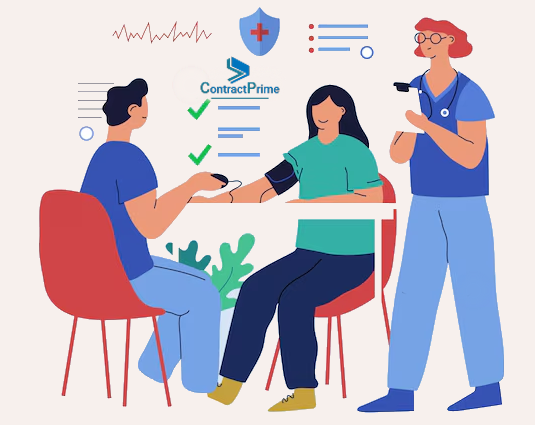
Understanding Healthcare Compliance Regulations
Healthcare providers must navigate a complex landscape of laws and standards, including the Health Insurance Portability and Accountability Act (HIPAA) and the Health Information Technology for Economic and Clinical Health (HITECH) Act. These regulations cover critical aspects such as:
1
Patient Data Privacy
Ensuring that patient information is handled securely and confidentially.
2
Electronic Health Records (EHRs)
Managing and protecting digital health records in compliance with legal standards.
Failure to adhere to these regulations can result in significant fines and damage a healthcare organization’s reputation. Effective contract management is key to maintaining compliance and protecting against these risks.
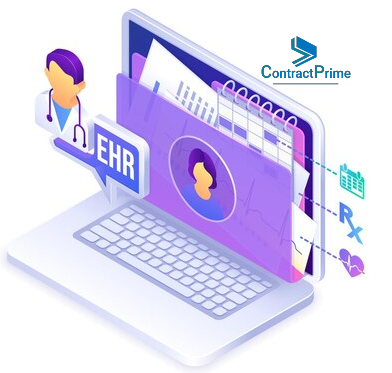
The Role of Contracts in Healthcare Compliance
Contracts are integral to healthcare operations and include:
1
Vendor Agreements
Contracts with third-party service providers.
2
Employment Contracts
Agreements with healthcare staff.
3
Service-Level Agreements (SLAs)
Contracts detailing service expectations and standards.

Each of these contracts must be managed to ensure alignment with healthcare regulations, focusing on privacy, data security, and service delivery. Effective management ensures that all contracts are compliant with current regulations, crucial for risk management.
Common Healthcare Compliance Challenges
Healthcare organizations often face challenges such as:
1
Adapting to Regulatory Changes
Keeping contracts updated with evolving laws and standards.
2
Managing Contract Renewals and Critical Dates
Ensuring timely renewals and compliance with key dates.
3
Securing Sensitive Data
Protecting contract data from unauthorized access and breaches.
A modern contract management system addresses these challenges through centralized and automated solutions.
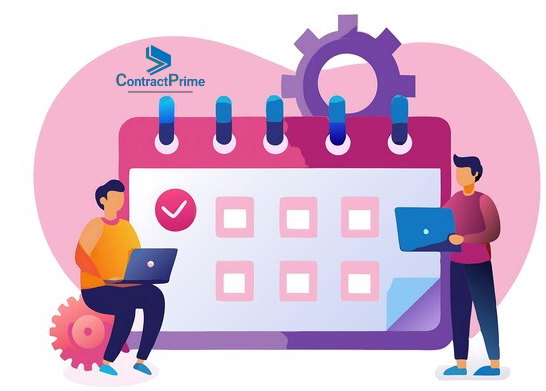
Benefits of Effective Contract Management for Healthcare
1
Reduced Risk of Non-Compliance
Centralizing contracts in a digital repository ensures they are updated with regulatory standards. Automated alerts and tracking features help prevent missed deadlines and obligations, supporting ongoing compliance and reducing the risk of violations.
2
Enhanced Patient Safety
Compliance directly impacts patient safety. Standardizing contract terms related to patient care and data protection creates a safer environment for patients, contributing to overall healthcare quality.
3
Improved Financial Performance
Efficient contract management minimizes the risk of costly compliance violations and operational disruptions. Streamlined processes and reduced administrative overhead led to better financial performance and resource allocation.

Best Practices for Contract Management in Healthcare
Implementing a Robust Contract Management System
Invest in contract management software with the following capabilities.
1
Streamlines Workflows
Automates compliance tasks and centralizes contract information.
2
Centralized Contract Repository
Stores contracts in a secure, digital repository for easy access, version control, and compliance with regulations like HIPAA.
3
Automated Contract Lifecycle Management
Uses automation for tasks such as setting up alerts for key dates, tracking regulatory changes, and generating compliance reports to minimize errors and ensure timely updates.

Conducting Regular Contract Reviews
Case Studies: Successful Contract Management in Healthcare
Multispecialty Hospital
The hospital implemented a centralized contract management system, automating compliance tracking and using standardized templates. This approach reduced manual audit time by 30% and simplified access during audits, enhancing overall efficiency.
Clinical Trial Company
Facing challenges with renewals and deadlines, a clinical trial company adopted a contract management platform that automated renewal alerts and improved review processes. This move helped them avoid over $500,000 in potential fines by ensuring timely compliance.

Meet ContractPrime: The Ultimate Contract Management Solution
Elevate your healthcare contract management with ContractPrime, an advanced CLM platform built on Microsoft 365 and powered by SharePoint. ContractPrime offers:
- Centralized, Secure Repository: Manages all contracts in a digital, secure environment.
- Document Creation: Legal document automation software to assemble documents.
- Integration with Microsoft Tools: Seamlessly integrates with existing Microsoft applications.
- Automated Compliance Tracking: Ensures contracts are organized, up-to-date, and accessible, with advanced encryption and access controls.

Conclusion: The Importance of Contract Management for Healthcare Compliance
“
In the healthcare industry, compliance is crucial not only for avoiding fines but also for safeguarding patient data and improving overall operations. Contract management for healthcare compliance is a critical strategy for reducing legal risks, enhancing patient safety, and improving financial performance. By centralizing contract information, automating key tasks, and conducting regular reviews, healthcare organizations can effectively navigate regulatory challenges and protect themselves from the financial and reputational damage associated with non-compliance.
Embracing the latest contract management software for healthcare compliance ensures that healthcare providers can manage their contracts efficiently and confidently, staying ahead of the complex regulatory landscape.
“
Frequently Asked Questions (FAQ)
What are the common challenges healthcare organizations face with compliance
Keeping contracts updated with changing regulations, managing renewals and deadlines, and securing sensitive data can be challenging. A modern contract management system with centralized storage and automated features helps address these challenges.
What are the benefits of effective contract management for healthcare
Reduced risk of non-compliance, enhanced patient safety through standardized terms, improved financial performance due to efficient processes and reduced disruptions, are some key benefits.
What features should a contract management system have for healthcare
The system should streamline workflows by automating tasks and centralizing information. It should also offer a secure repository for contracts, automate contract lifecycle management (alerts, tracking changes, generating reports), and integrate with existing tools.
What are the advantages of a centralized contract repository
A centralized repository provides easy access to all contracts, ensures version control, and simplifies compliance with regulations like HIPAA.
How does automation help with contract management in healthcare
Automation can streamline tasks like setting alerts for key dates, tracking regulatory changes, generating reports, and managing renewals, reducing errors and ensuring timely updates.
